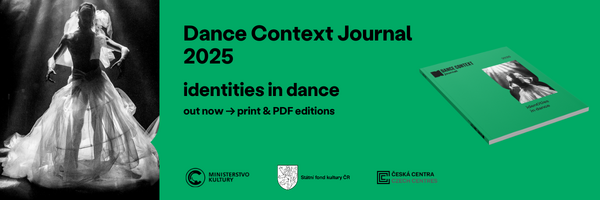Mini Interview with RootlessRoot company
 Why have you chosen for your company a name "RootlessRoot",which basically means Roots without Roots?
Why have you chosen for your company a name "RootlessRoot",which basically means Roots without Roots?Jozef Fruček (SK): Because it is difficult to pronounce. I am just kidding!! The first choice was Unknown Negative Activity, something like saboteurs, but rootlessroot is anyway much closer to what we are and, what we are interested in.
As much as you are asking what rootlessroot means, so am I. Rootlessroot is a true riddle. A root cannot be without root indeed, but at the same time a root itself does not know that it is, actually, a root, so why does it ask where its root is? A cat does not know that it is a cat. Does it make any sense? If it does, great, if it does not, even better. What we have been promoting over the past few years is development of a natural mind, development of normality. Not a special and arrogant, but a simple, primitive body and mind. Working on a cultivation of communication as a unique, never-ending objective. That is
rootlessroot. You both come from different countries. What does your collaboration actually look like? Do you have any special place for your work?
Linda Kapetanea (GR): We do not go together, which is why we can collaborate. We influence each other and through conflict we enrich our world, our work and art. We live in conflict, which motivates us, stimulates our imagination and pushes us forward to discover our potentials, our talents and limitations. The fact that we come from different parts of the world with different cultural and political background helps us a lot. It leads us to some cultural and emotional clashes, which can grow into something that may be interesting. Czech audiences got to know your work in performances of the company DOT504 (Holdin´ Fast and 100 Wounded Tears). Which kind of work do you prefer and why: working as a choreographer with a company of dancers or creating a performance where you also dance?
Linda Kapetanea: Basically, there is no difference. We get involved and absorbed in the same way. We put all our hearts into every work. Working with DOT504 is as important for us as our own work. They put trust in us, we take the challenge up and you can see the outcome yourselves. The only difference is in the setting of the whole situation. When we are invited as guest choreographers we work with the company for a very short time and we do not get to know the people we work with very well. And that can be a bit of a problem because we need some time and space to unveil the potential of the performers. But this is what life brings and you have to deal with that. And we somewhat like this sort of challenges. To get beaten but also to be able to land some punches too. In your works you deal with serious, or even depressing themes such as pain, violence, heartlessness, sadness and so on. What about somewhat more positive topics for a change?
Jozef Fruček: Actually, this is not true. Just take Holdin Fast for instance, beauty, humor and sex. So it is not true of all productions. Me and Linda, we both are entertainers and funsters in our private lives and play practical jokes on each other. And we would really like to create a humorous piece. With every new piece we try to make the audiences laugh, and end up doing something completely different. Some critics call our work a study of metaphysical evil. I have a feeling that the themes we work with are basically stronger than us and once we interfere with them, they formulate themselves and grow like an independent organism. Actually, we realize what the performance really is just on stage in front of audiences and with the audiences. Could you please tell us about your production Eyes in the Colors of the Rain that the Czech audiences are going to see during the festival Tanec Praha? Who came up with this idea of Apocalypse and William Blake’s poem and why?
Jozef Fruček: The production was mounted with a well-defined concept: "friction dramaturgy". A dramaturgy that does not work with a linear time scheme, but on contrary, which is purposedly broken to inspire the audiences to see new connotations. The production is composed of 3 propositions. The first one claims that the piece is inspired by the poem Night by William Blake, the second one is about the Apocalypse of John and the last one suggests that "the whole thing is about me“. And all those three different approaches of individual performers clash on stage, blend together and struggle for life and place within the scope of the performance. Who came up with this idea? Well, nobody, ideas come to us on their own, but where from I do not know, we just catch them. I think the performance is really something to look forward to, there is a pinch of humour there too.


